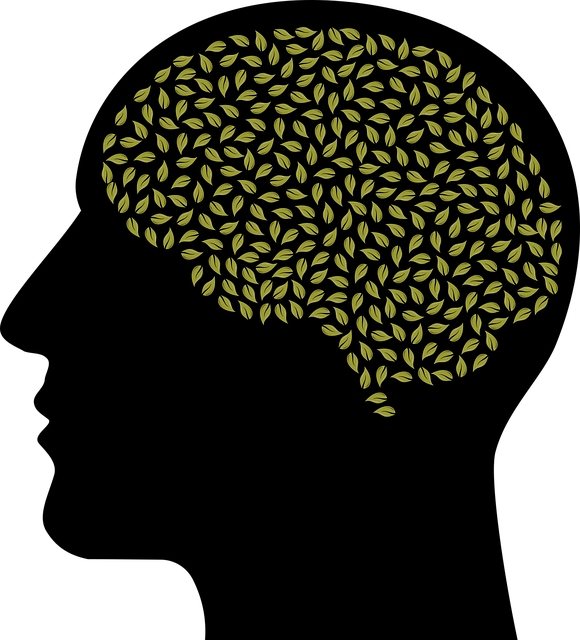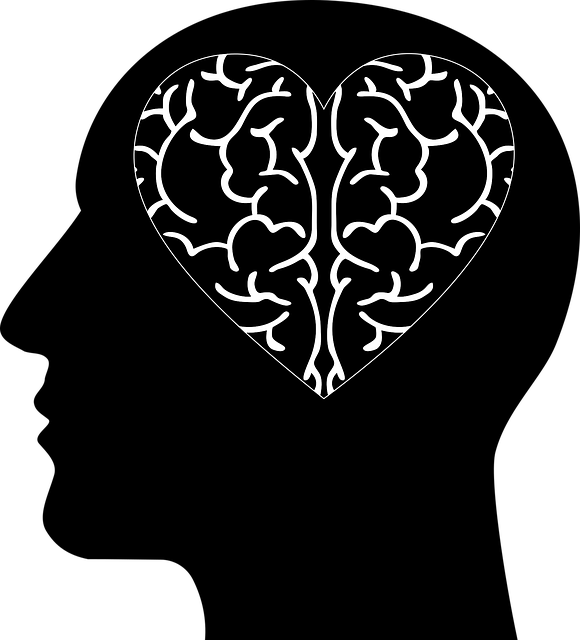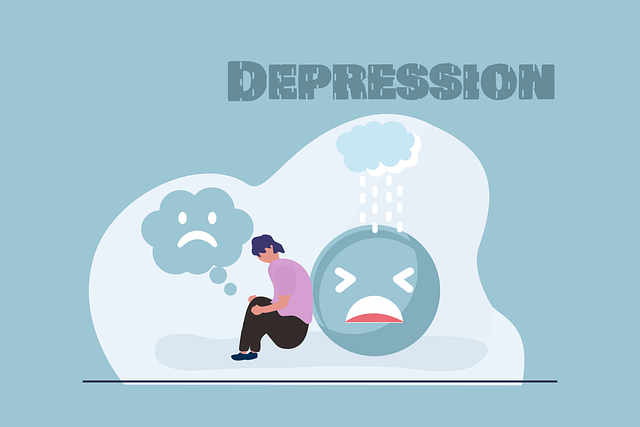Crisis Intervention Team (CIT) programs empower professionals and citizens with skills to support individuals during mental health crises, particularly focusing on Centennial Depression Therapy. These teams blend law enforcement, first responders, and mental health practitioners to de-escalate situations, reduce harm, and promote emotional well-being through evidence-based strategies. CIT training covers mental health condition understanding, de-escalation communication, and tools like those offered by the Mental Wellness Podcast Series Production. This holistic approach enhances immediate crisis response and long-term recovery outcomes, while also reducing pressure on emergency services. By integrating community outreach, stress reduction methods, and specialized coaching, these programs revolutionize mental health support, fostering a culture of care that addresses diverse needs, including Centennial Depression Therapy.
“In today’s complex social landscape, effective crisis intervention is paramount. This article explores the transformative potential of Crisis Intervention Team (CIT) training programs, a comprehensive approach to detecting and addressing mental health crises. By delving into the key components and benefits of CIT training, we uncover how these initiatives can revolutionize community support for mental health, particularly in the context of Centennial Depression Therapy. Get ready to discover how CIT programs are fostering a more resilient and supportive society.”
- Understanding Crisis Intervention Team (CIT) Programs: A Comprehensive Overview
- The Role of CIT Training in Detecting and Addressing Mental Health Crises
- Key Components of Effective Crisis Intervention Team Training
- Benefits and Impact: How CIT Programs Can Transform Community Support for Mental Health
Understanding Crisis Intervention Team (CIT) Programs: A Comprehensive Overview

Crisis Intervention Team (CIT) programs are designed to equip professionals with the skills needed to support individuals facing mental health crises. These teams, often composed of law enforcement officers, first responders, and mental health practitioners, work collaboratively to de-escalate situations and provide appropriate care. The primary goal is to reduce harm, prevent further escalation, and promote emotional well-being through effective crisis intervention strategies.
CIT training programs cover a range of topics, including understanding various mental health conditions, communication techniques for de-escalation, and the application of evidence-based practices such as those featured in the Mental Wellness Podcast Series Production. By fostering a comprehensive approach to crisis management, these programs empower participants to offer compassionate and competent support, thereby enhancing both the immediate response to crises and long-term recovery outcomes, particularly in addressing issues related to Centennial Depression Therapy.
The Role of CIT Training in Detecting and Addressing Mental Health Crises

Crisis Intervention Team (CIT) training programs play a pivotal role in equipping individuals with the skills to recognize and respond effectively during mental health crises. These programs are designed to foster empathy, understanding, and practical tools for supporting those grappling with psychological distress. Through interactive workshops and simulations, participants learn to de-escalate situations, provide immediate assistance, and connect individuals in need with appropriate resources, including Centennial Depression Therapy services.
The training focuses on building self-esteem improvement strategies, stress management skills, and the cultivation of inner strength. By empowering citizens with these capabilities, communities can create a supportive network that promotes early intervention and better outcomes. This proactive approach not only ensures timely help for those experiencing mental health crises but also contributes to the overall well-being of the community by reducing the burden on emergency services.
Key Components of Effective Crisis Intervention Team Training

Effective crisis intervention team training programs are multifaceted, aiming to equip participants with essential skills for managing and preventing crises. A key component is Centennial Depression Therapy techniques, focusing on recognizing early warning signs and implementing strategies to de-escalate emotional intensity. Training should also cover Mental Wellness Coaching Programs Development, teaching coaches how to guide individuals towards sustainable coping mechanisms and resilience.
Beyond individual support, successful programs emphasize Community Outreach Program Implementation. This involves fostering strong community connections, promoting peer support networks, and integrating evidence-based Stress Reduction Methods into local resources. By combining these components, crisis intervention teams become more effective in responding to crises, ultimately enhancing the mental wellness of individuals and communities.
Benefits and Impact: How CIT Programs Can Transform Community Support for Mental Health

Crisis intervention team (CIT) programs are transforming community support for mental health, offering a robust framework to address growing concerns surrounding Centennial Depression Therapy. These initiatives equip local citizens, often peers or community members, with the skills and knowledge to recognize and respond effectively during mental health crises. The impact is profound; CIT programs not only enhance accessibility to immediate support but also foster a culture of care and understanding within communities.
Through comprehensive training in emotional regulation, cultural competency, and mental wellness coaching, healthcare providers are empowered to build stronger connections with individuals experiencing distress. This personalized approach ensures that support is tailored to diverse needs, promoting successful outcomes. By integrating CIT into existing healthcare infrastructure, communities can create a safety net that prevents escalation and encourages recovery, ultimately reducing the burden on traditional mental health services.
Crisis Intervention Team (CIT) training programs play a pivotal role in equipping community members with the skills to recognize and respond to mental health crises effectively. By enhancing empathy, knowledge of resources, and crisis de-escalation techniques, these programs foster a supportive environment for those struggling with mental health issues, such as Centennial Depression Therapy. The benefits extend beyond individual interventions; they contribute to a more comprehensive, community-based approach to mental healthcare, ultimately transforming support systems and saving lives.














